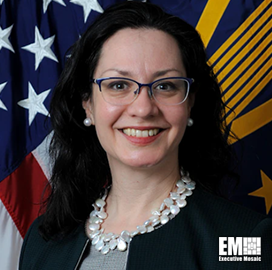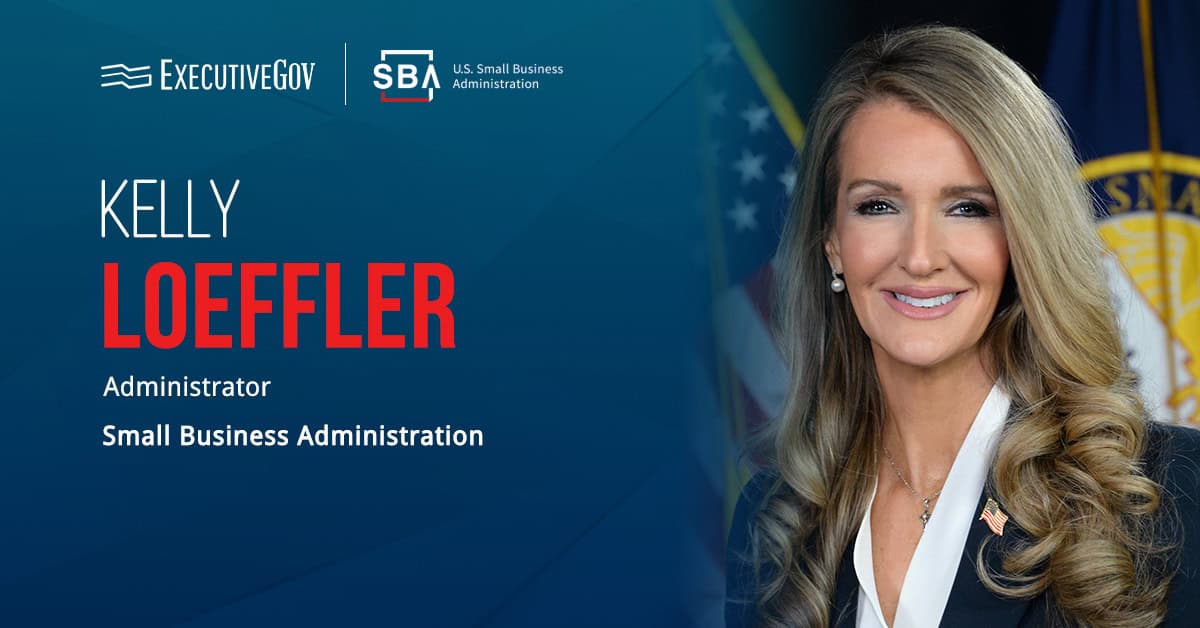Leonor Tomero, deputy assistant secretary of defense for nuclear and missile defense policy, said the military will review its missile defense approach to address related, growing challenges, DOD News reported Wednesday.
She told the House Armed Services Subcommittee on Strategic Forces that the Department of Defense (DOD) will assess its strategies, technologies and policies that compose how the military defends against missiles of China and other adversaries.
“The department will continue to ensure that we bring a more integrated approach to air and missile defense to address various types of ballistic missile threats and enable defense against cruise missiles and unmanned aerial systems,” she said.
Tomero made her statement with regard to the missile defense budget request for fiscal year 2022. DOD’s planned missile defense investments include missile detection sensors, such as those designed to track hypersonic weapons, she said.





